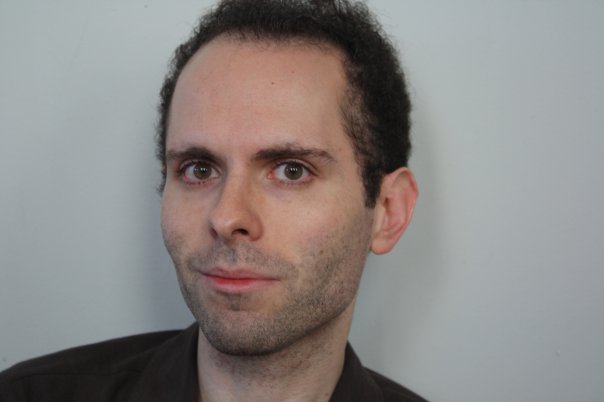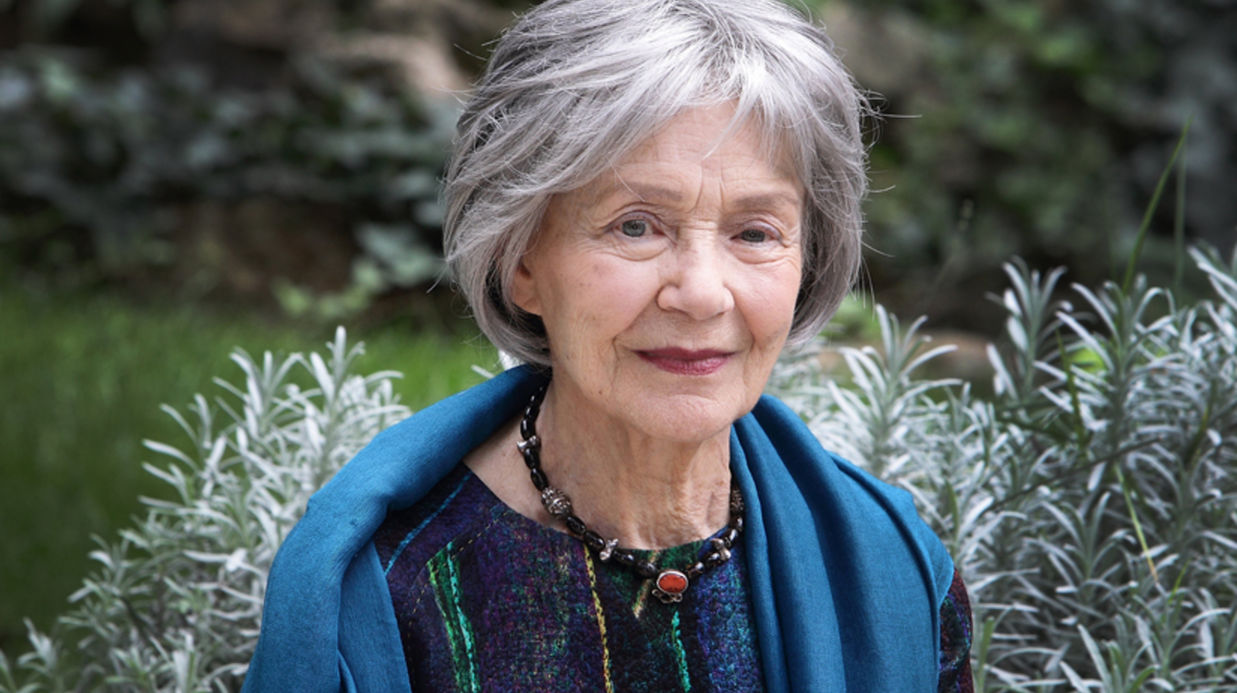There was always something a touch withdrawn and reserved about the French actress Emmanuelle Riva. She was clearly a serious person, and she always kept her personal life and decisions as private as possible. In her late 80s, when she was nominated for an Academy Award for Best Actress in 2012 for her performance as the fallen partner of Jean-Louis Trintignant in Michael Haneke’s “Amour,” Riva was something of an unknown quantity to American audiences, even if some art house patrons remembered her first impact in Alain Resnais’s “Hiroshima mon amour” (1959).
Riva never married or had children, and she only entered into her profession at the age of 26 after a life in a rural area of France, where she trained to be a seamstress; her father was a sign painter, and her family opposed her decision to go into acting. Riva had begun to get work in the theater when she was cast in “Hiroshima mon amour,” where her voice was often heard on the soundtrack softly intoning lines of narration and anguished pillow talk written by Marguerite Duras. Riva was up for the task of making the repetitions in Duras’s writing land in just the right incantatory way, and her face told its own sad story in the flashback scenes.
“Hiroshima mon amour” was much discussed, analyzed and sometimes derided in its time, and Riva is its figurehead. She had a face that was somehow both cold and warm, and most beautiful when she was feeling most sorrowful. Her eyes were spaced far apart and they seemed to be both penetrating and distant.
Riva was a major screen presence because she always seems to be trying to hold conventional emotions back from the camera while helplessly revealing all kinds of complex and fleeting unconventional thoughts and feelings. She was a performer who became an emblem for an age of anxiety, and she was too knowing and too melancholy a sensibility to ever become a popular star.
In the interviews she did around the time of “Amour,” Riva said that she often turned down mainstream work that she had no feeling for, and so sometimes as she got older her offers to act were not plentiful. From the start of her career, Riva’s presence in a film signaled high intentions and deep anguish. She had lofty standards and she kept to them, accepting parts in Gillo Pontecorvo’s “Kapò” (1960), which was set in a concentration camp, and Jean-Pierre Melville’s “Léon Morin, Priest” (1961), in which she played a widow who falls in love with a priest played by Jean-Paul Belmondo. And then Riva gave perhaps her finest performance for Georges Franju in “Thérèse Desqueyroux” (1962), for which she won best actress at the Venice Film Festival.
“Thérèse Desqueyroux” is a patient, severe movie based on a novel by François Mauriac in which we watch Riva’s Thérèse struggle unhappily in her marriage to Bernard (Philippe Noiret), an infuriatingly complacent man whose only interest is in appearances and preserving his family name. Steadily, scene by scene, Franju gives Riva space and time to develop Thérèse’s ennui and her growing dislike for her husband, which begins to approach real hatred. Riva makes us intimately understand this situation and see all sides of it from Thérèse’s point of view right up to the time where Thérèse discovers that increasing the dosage of Bernard’s medication makes him ill and a further increase might rid her of him entirely.
There is nothing standard or expected about the plot of “Thérèse Desqueyroux,” but still we might be unprepared for the second half of the film. Bernard learns that Thérèse has been trying to kill him with poison, but he refuses to press charges against her. He doesn’t want his family name besmirched, and privately he tries to understand why Thérèse wanted him dead, but she cannot explain herself to him in words. And so Bernard punishes her by locking her away in her bedroom on their estate, a domestic prison sentence that she takes as if she deserves it. Yet that’s not quite what happens.
There is a haunting scene in “Thérèse Desqueyroux” where Riva’s Thérèse gets out of bed in the room she is being kept in and stares out the window at a large tree outside. Riva’s face shows the narrowing effects of long-term solitude, the closing in of Thérèse’s consciousness, the depression, the hopelessness, but there’s something else there, too. What Riva is doing here is offering the camera a mental state that cannot be easily defined. She seems to be trying to suggest that the shut down Thérèse has found a kind of freedom and calm in her captivity and that this view of the tree is enough for her.
But again, that’s not quite it. Riva’s Thérèse communes with the tree and feels both connected to it and apart, both bolstered by it and saddened, lifted aloft and then set back down. So near and yet so far. Riva reaches a height and a low here by refusing to settle or define anything for us. And her performance in “Thérèse Desqueyroux” is hard to write about because these kinds of emotions are so in flux and so dialectical.
Riva again excelled for Franju in “Thomas the Imposter” (1965), an adaptation of a Jean Cocteau novel set during World War I where her fraught face once again both gave out and withdrew emotion at the same time. After that credit her films became more obscure and hard to see in America, but Riva worked on TV and on stage, and she published several books of poetry. She re-emerged at art houses in Krzysztof Kieślowski’s “Blue” (1993), but when Riva made “Amour” she was in essence either unknown to American audiences or remembered mainly as the heroine of “Hiroshima mon amour.”
In “Amour,” Riva played one half of a long-term couple who suffers a stroke and falls away from her husband. The poster of that movie showed a defining and cruel moment in the film when Trintignant holds Riva’s face in his hands and realizes that his wife is no longer there, or no longer quite there. Which is it? Riva’s face was made for tough moments like that, and for shadow states of mind. Her lover in “Hiroshima mon amour” keeps saying that she doesn’t remember Hiroshima, and in “Amour” the loss of memory is far greater. Riva’s face was a face of modern anguish, and she made no concessions and few apologies for that. Which is why her face is likely to be remembered.












